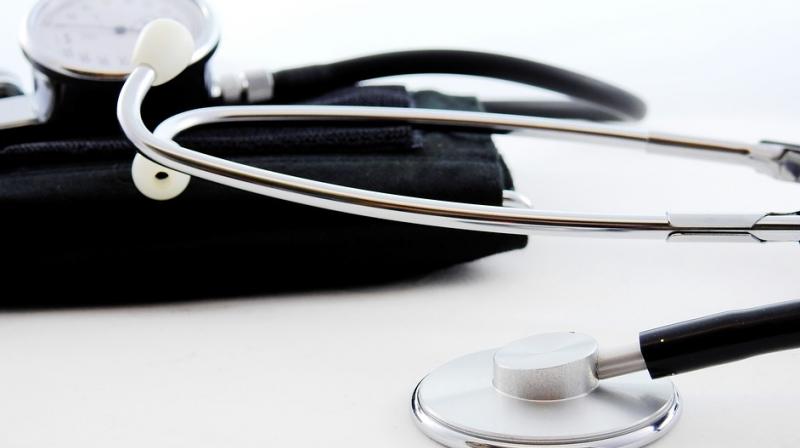On anvil: Smart toilets with data
He said he saw a big opportunity to apply these innovations in areas where patients feel a lot of stigma.

Los Angeles: You can buy a smart watch which tells you about your heart's condition. What about another which can tell you about your gut?
Sameer Berry, a third-year resident physician at Cedars-Sinai Medical Center in Los Angeles, has challenged entrepreneurs to design a smart toilet which will collect data on the users' guts which the physicians would find immensely useful.
“Besides urine and stool analysis, the potential uses of smart toilet analysis are almost limitless,” Dr Berry said in an article in www.cnbc.com. “They are the ideal place to capture metrics for daily measurement like blood pressure, body fat, and weight without adding work for the patient. And I see a lot of potential in measuring hormone fluctuation with menstrual cycles for family planning, or skin-sensing electrocardiograms. Alphabet has even filed patents in 2015 for pressure-sensing toilet seats to measure blood pressure.”
Dr Berry said doctors currently rely a lot on anecdotal information from patients or nurses on their bowel movements, which "seems bizarre in a world where other data is objectively collected with technology. Making matters more complicated, patients frequently can't remember whether they had a bowel movement." He says elderly patients with dementia frequently go days without a bowel movement, putting them at risk for intestinal perforation and severe infection.
“I'd love to see the next generation of medical-technologists designing hardware with features to monitor and diagnose gastrointestinal disease. It's a hard problem for all sorts of reasons, but both doctors and patients could benefit if we figure out a way to stop flushing away some of our most vital health information," he wrote.
He said he saw a big opportunity to apply these innovations in areas where patients feel a lot of stigma -- and bowel habits is a big one. “It's also arguably among the most impactful and actionable data," he said. "Patients of all ages and socioeconomic classes experience gastrointestinal symptoms, and we are well aware of the diet’s impact on our overall health. Yet, aside from a few recently-available technologies to analyze the gut's micro-biome, there are few -- if any -- devices to continuously monitor and share information on our gut health."
“Toilet manufacturing giants Toto and Matsushita made a step in the right direction when they released WiFi-connected toilets that measure body mass index, biochemical makeup (sugar, protein), flow rate, and temperature of urine. Inui Health (formerly known as Scanadu) announced FDA approval for its smartphone-connected urine analysis which can detect bladder infections, pre- and gestational diabetes, and kidney disease, all in the comfort of one’s home,” Dr Berry said.

